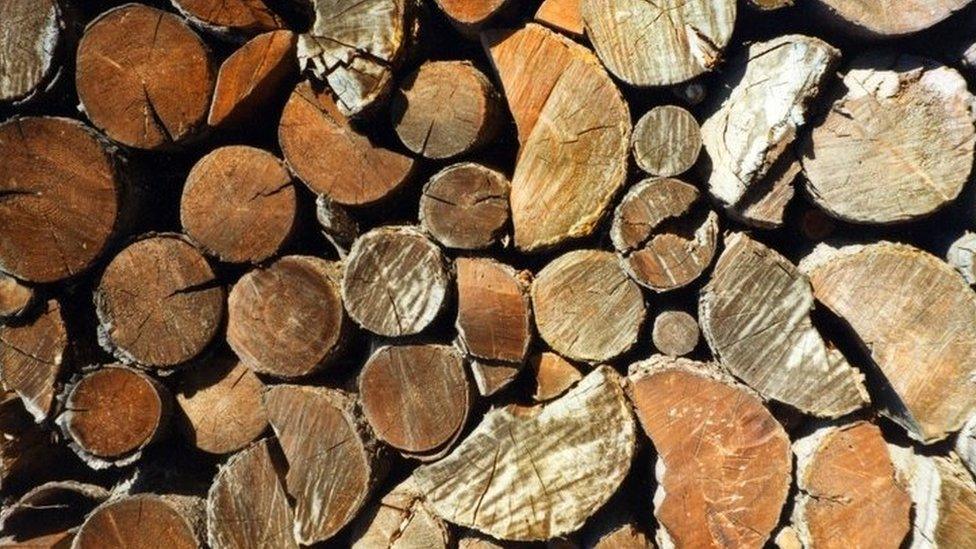Barry Biomass: Campaigners call incinerator planning flawed
- Published
"I don't want the pollution for my children"
Work on a controversial waste wood incinerator should be halted over alleged flaws in the planning process, campaigners have said.
The latest twist in a long-running row is a claim it should have been designated a development of national significance.
That would mean Welsh ministers taking a lead on all decisions about the plant, in Barry, Vale of Glamorgan.
Developers Barry Biomass have rejected the claims.
The Welsh Government said it was aware of the issues raised and would respond in due course.
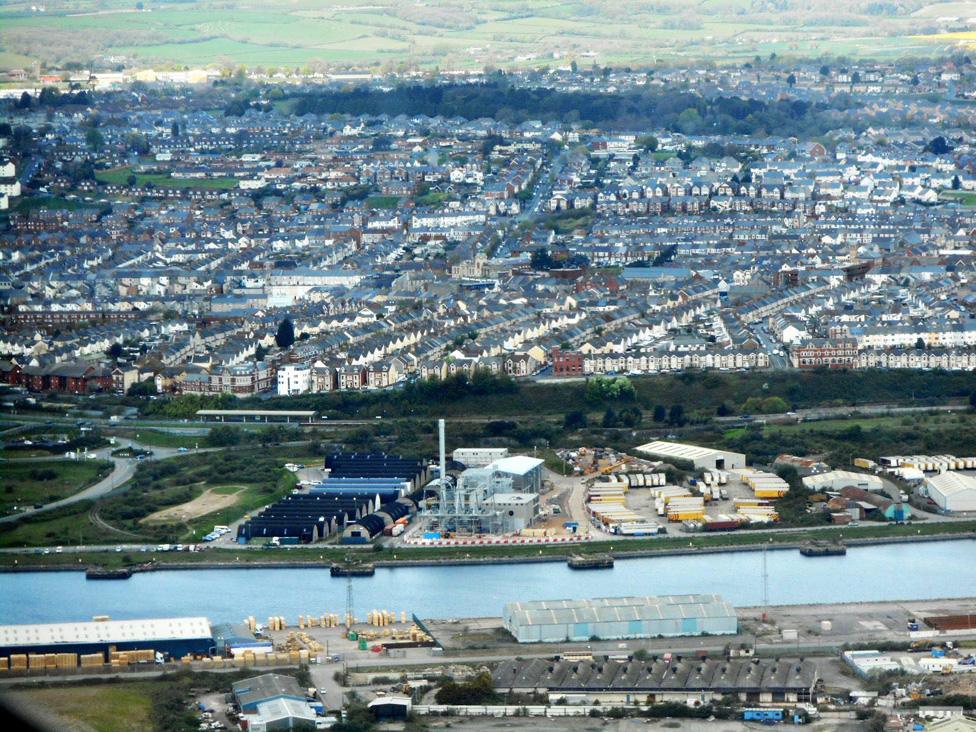
The dockside biomass plant in Barry will burn waste wood at high temperatures to generate electricity
The fate of the Barry Biomass plant has been in limbo for several years, though it has been built and is almost ready to start, according to managers.
Its planning history dates from 2015 but after complaints about dust, smells and noise during testing in 2018, developers were issued with a warning by Natural Resources Wales (NRW) for "several breaches" of its environmental permit.
A decision on whether it should get subsidy payments has also been put on hold.
Now the Docks Incinerator Action Group (Diag) said it had identified another potential issue.
Under regulations introduced in 2016, energy generation projects in Wales capable of producing more than 10 megawatts (MW) of electricity are classed as being of national significance.
It means planning applications are not handled by local councils but by Planning Inspectorate Wales, with a final decision made by ministers.
Plans for a new incinerator near Wentloog Corporate Park in Cardiff, capable of generating 15MW, have recently been submitted under the development of national significance (DNS) process.
Barry Biomass Biomass told BBC Wales it believed all planning applications had been properly made.

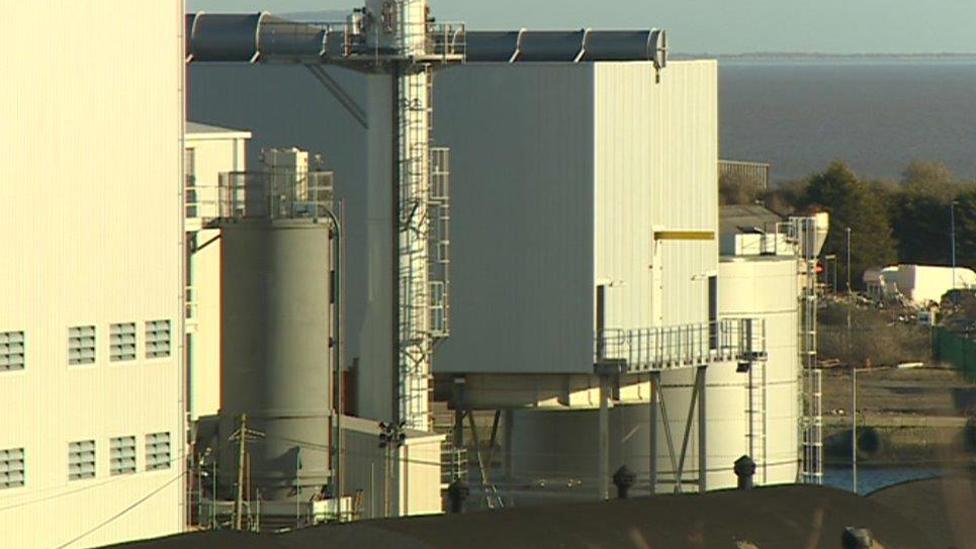
What is Barry Biomass promising?
To heat pre-prepared waste woodchip at high temperatures to produce heat, then use that to power a steam turbine
This will then produce 10MW of renewable electricity, enough to power 23,000 households
The operator claims all emissions will be cleaned using a neutralising and filtering system that meets EU safety requirements
It is now undergoing a period of testing

Max Wallis of Friends of the Earth said the Barry Biomass development should also have been dealt with in this way since 2016, given it will be capable of producing more than 10MW.
He claimed it meant a planning application submitted to Vale of Glamorgan Council in 2017 for further building work and a proposed public consultation on environmental impacts by the Welsh Government were now invalid.
"Any further work on the planning process has to stop until a proper application is put in and on top of that the Welsh Government must take measures to stop it operating," he said.
The council said the 2017 application was "yet to be determined" as it waited for the Welsh Government to decide if an environmental impact assessment was needed.
The Welsh Government said it would respond to issues raised by Diag in due course.
NRW confirmed that plant was capable of generating approximately 11.3 - 11.7MW, including electricity generated to run the plant.
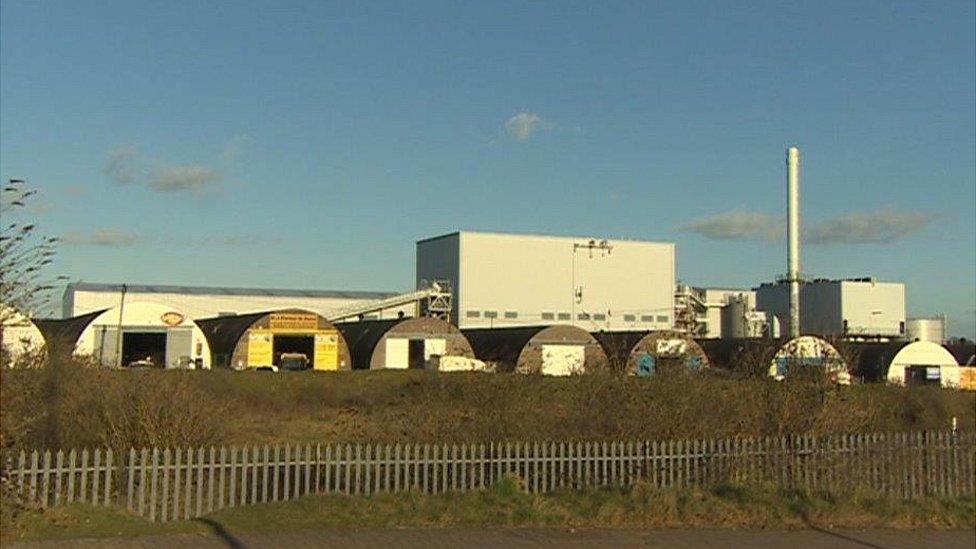
Why is the Barry incinerator so controversial?
The plant's location, in the built up area of Barry Docks, has prompted fears over potential air pollution.
Matthew Lock, who lives less than 250m (820ft) away, said: "There's social housing and something like 12 schools within the area.
"When you've got a 40m chimney the same size as the cliffs of Barry you just have to think it doesn't add up. It's like everybody here has had it all dumped on them in the hope they wouldn't fight it."
Another resident, Cheryl Ockerby, said she worried about the impact on her two children: "Obviously we have 25 years that we have to put up with this and I feel that there are no safe limits when it comes to air pollution."
Concerns have also been raised by the chairs of both the assembly's environment and health committees, who said recently they wanted the Welsh Government to ban any more waste incinerators from being built.
- Published23 November 2019
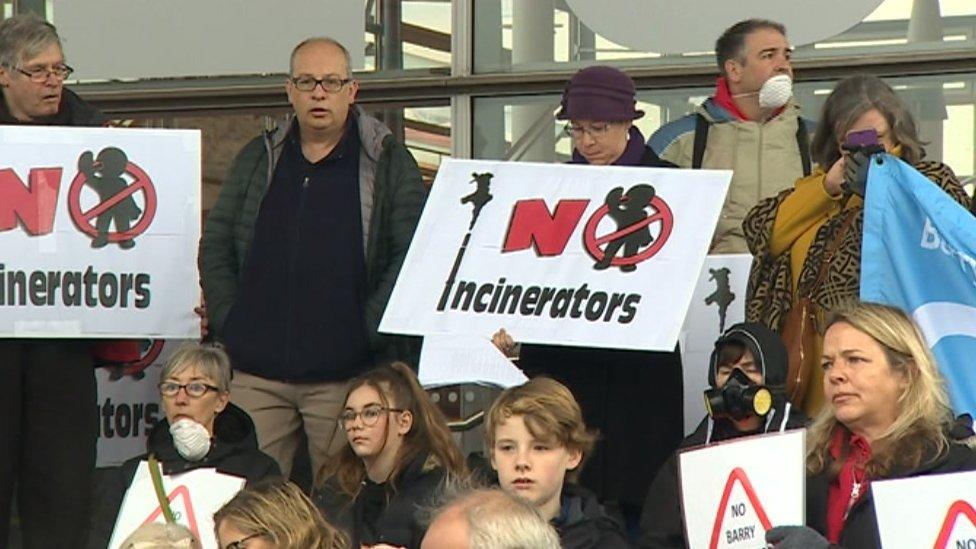
- Published20 December 2019
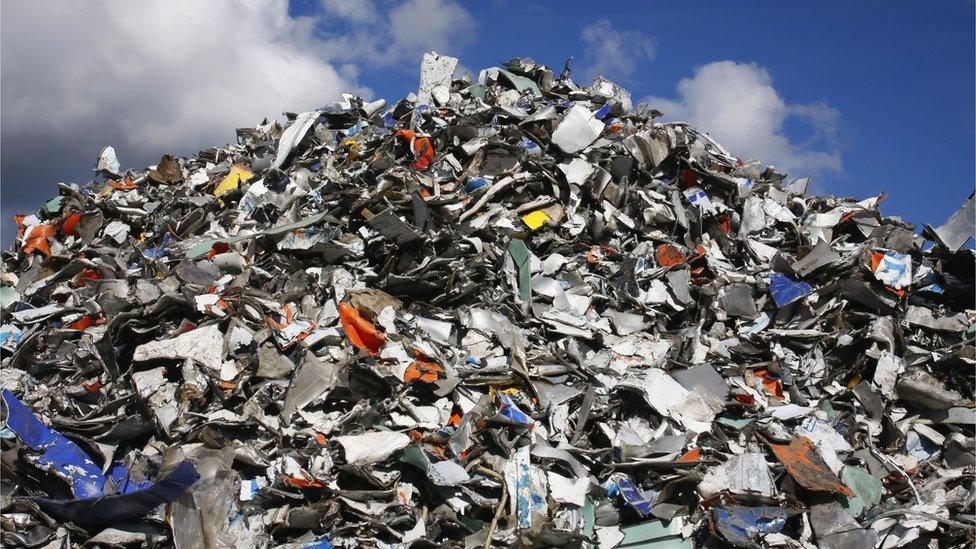
- Published31 October 2019
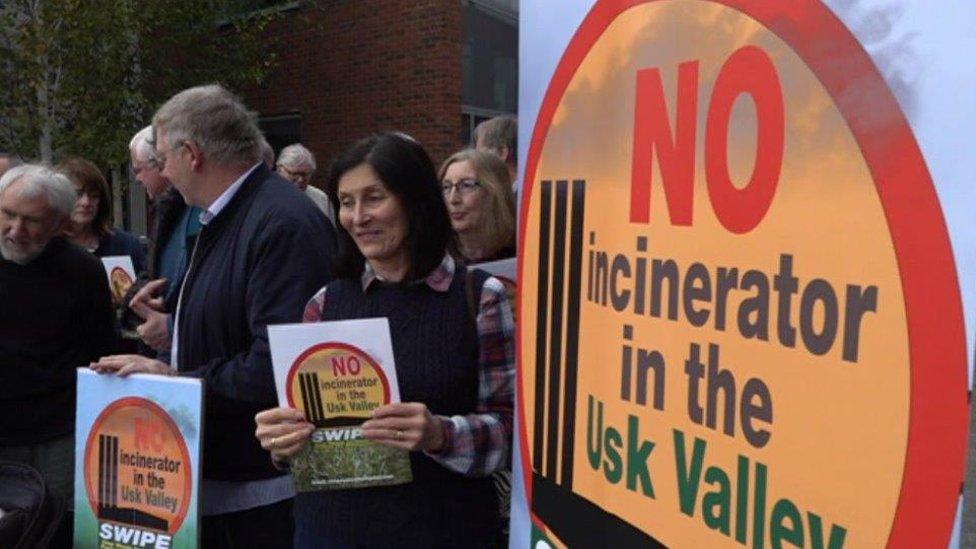
- Published1 May 2018
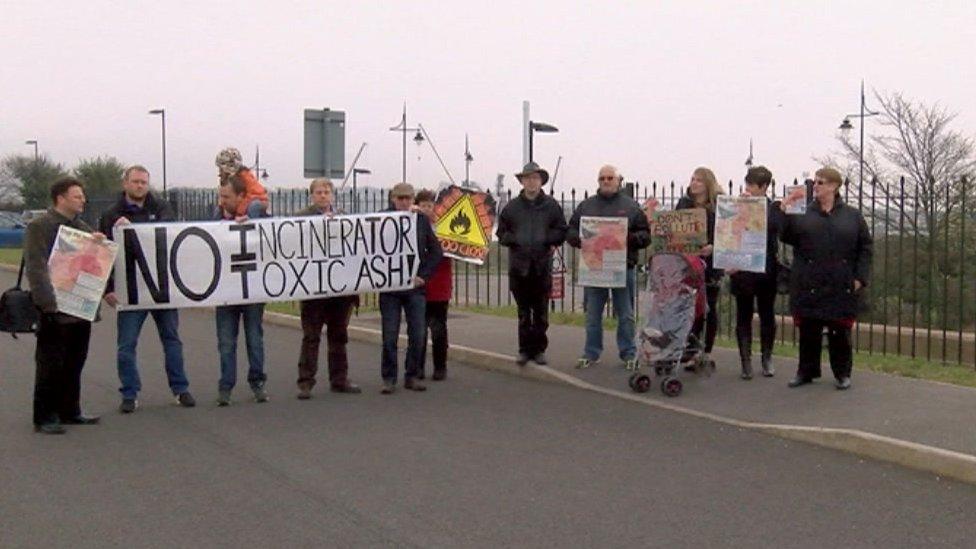
- Published7 February 2018
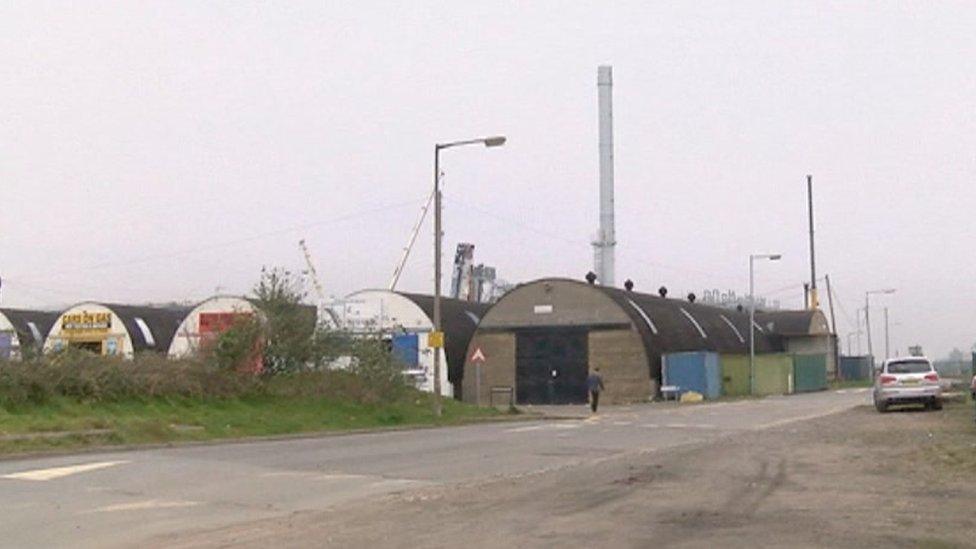
- Published19 August 2017
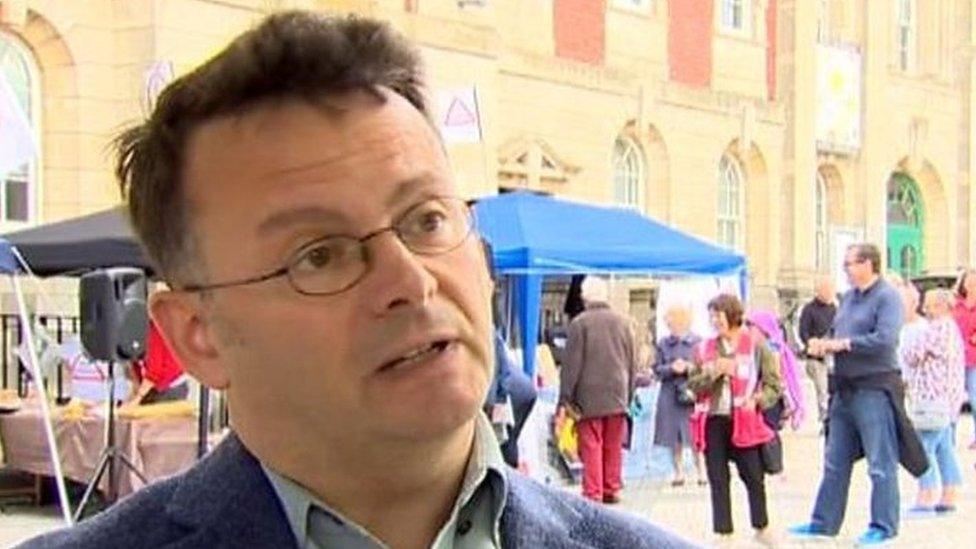
- Published20 October 2015
